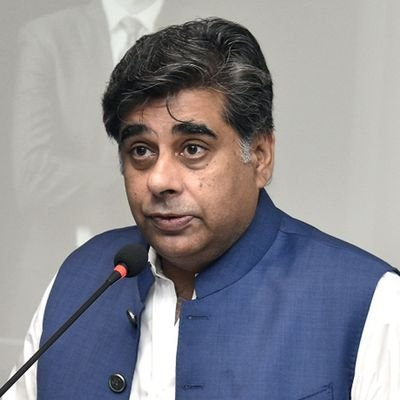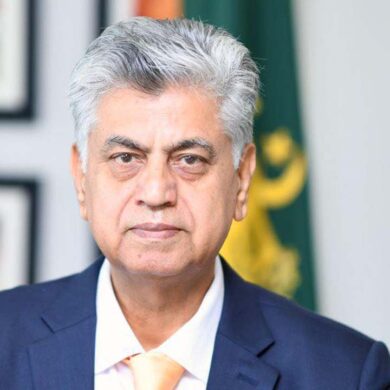Caretaker Commerce and Industries Minister Gohar Ejaz has voiced hopefulness for a positive change in petrol prices set to be announced on October 1, citing the recent strengthening of the Pakistani rupee against the US dollar.
Addressing a news conference along with Sindh Governor Kamran Tessori in Karachi, Minister Ejaz attributed the surge in inflation to the depreciation of the rupee against the dollar, from 160 to 305 in a year.
This currency fluctuation had a cascading effect, leading to increased prices for imported goods, notably energy and fuel.
“The local currency is now stabilizing,” Minister Ejaz stated, “and I am hopeful that you will receive good news regarding petrol prices on October 1.”
He also expressed optimism about the possibility of energy prices decreasing.
The caretaker government has faced considerable criticism from various sectors, including the business community, transporters, and politicians, due to these frequent price hikes.
The interim government attributed these increases to the rising trend of petroleum prices in the international market, influenced by existing tax rates, import parity prices, currency fluctuations, and slight increases in international oil prices.
The latest rise in petroleum product prices coincided with a significant 27.4 percent increase in the August inflation rate, which is expected to have a lag effect on general prices in the country in the coming days and weeks.
At present, general sales tax rates for all petroleum products stand at zero. However, the government levies a Rs60 per litre petroleum development levy (PDL) on petrol and Rs50 each on high-speed diesel (HSD) and high-octane blending components, as well as 95RON petrol. Additionally, the government imposes customs duties of about Rs18 to Rs22 per litre on petrol and HSD.
High-speed diesel (HSD) is particularly significant in the transportation sector, as it is primarily used in heavy vehicles, trains, and agricultural machinery, impacting the prices of essential commodities. Petrol, on the other hand, has a direct influence on the budgets of middle- and lower-middle-class individuals and is predominantly used in private transport, rickshaws, and two-wheelers.



